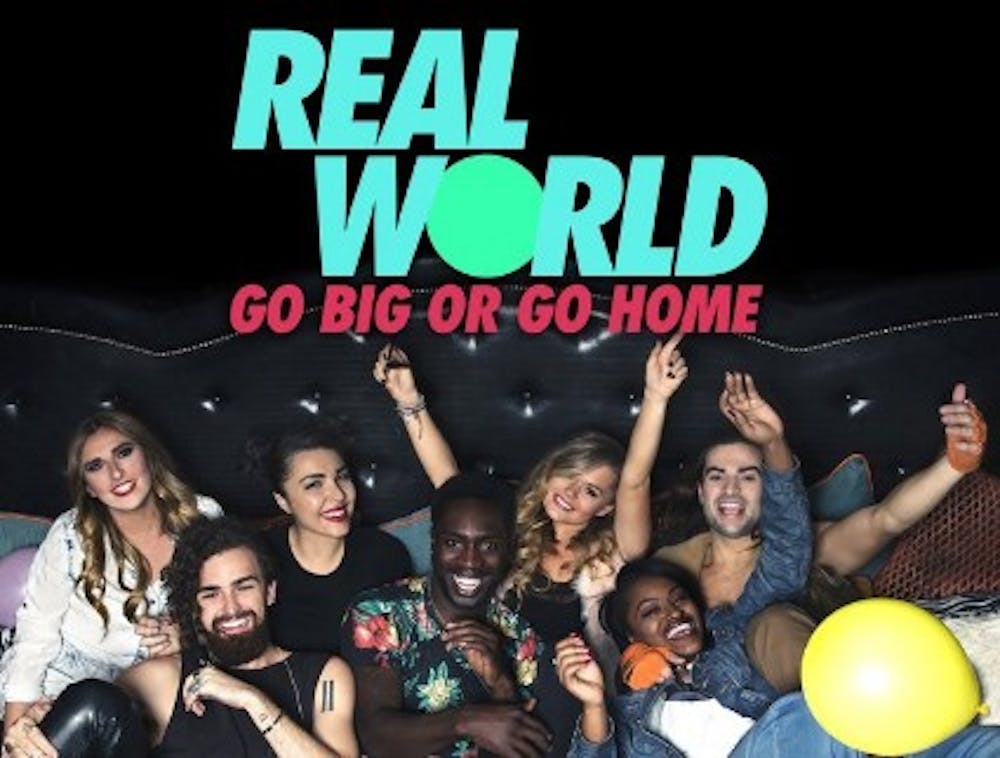MTV’s seminal reality TV show “Real World” ended its 31st season the end of May. But over the years the show has changed. Early seasons garnered praise for providing a televised hub for discussing issues relevant to adolescents and young adults. Sex, religion and prejudice were all fair game for the handful of young strangers forced to live together for the duration of the season.
Sadly, in more recent years, the show has lost the ability to distinguish itself from the many other reality shows following the same format.
More worrisome, however, is the way in which season 31 of “Real World” leveraged racial tension in order to manufacture drama. From the beginning of the season, the show’s producers juxtaposed Jenna, a caucasian South Carolinian woman who mentions she cannot see color, with CeeJai, an African-American woman who grew up in poverty and witnessed her father murder her mother.
Throughout the season, Jenna made pointed, prejudiced comments directed toward CeeJai. More recently, during a Skype call, with CeeJai present, Jenna’s friend ridiculed CeeJai by saying “Your hair is nappy” and “Go pick cotton, bitch.” In response, cameras follow CeeJai pacing around the house like a caged animal, subtly picking up on her muttering to herself in futile attempts to stay calm as racial epithets are tossed her way.
In a later episode in the season, CeeJai confronts Jenna about her racist attitudes. However, Jenna proved unreceptive to the criticism, and the two engaged in a physical altercation. Many reviewers of the episode instantly rushed to Jenna’s defense, saying CeeJai came at Jenna and exemplified a bad image of herself.
The producers removed CeeJai and Jenna from the show for the sake of optics — surely the instigators of violence could not go unpunished, no matter how justified.
However, there is still one simple, ugly truth: the “angry black woman” trope sells. Shows like “Love & Hip-Hop,” the “Real Housewives” and virtually any Tyler Perry movie with black women featured are all a testament to how viewers eat up stereotypes. Many audiences continue to laugh gleefully at the latest long-nailed, Brazilian weave-wearing actress who will make a scene, simply because that’s what they expect black women to do.
Hopefully this stereotype dissipates in one way or another, but such a change would require the willful self-education of millions of people, starting with the eradication of television shows and movies that make minstrel shows out of an entire cultural group.
The show’s next season, “Real World: Seattle” is currently in production. With any luck, it will steer clear of the lazy and troubling tropes employed by season 31.






